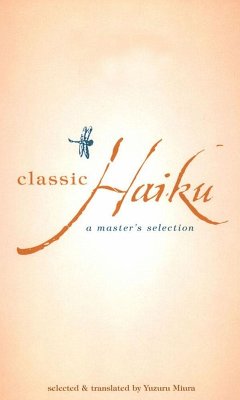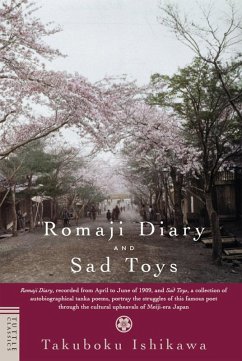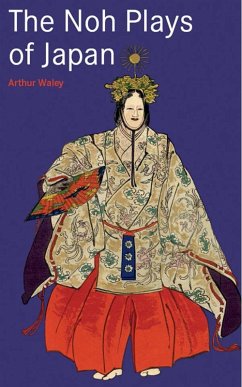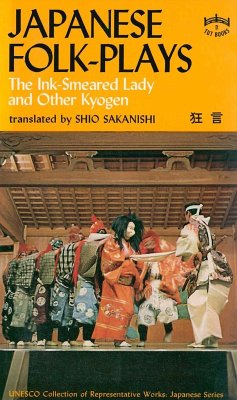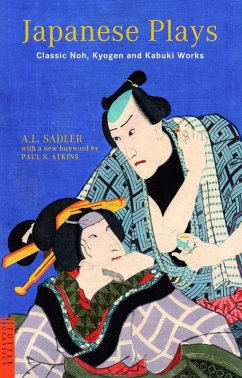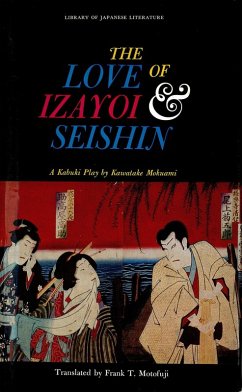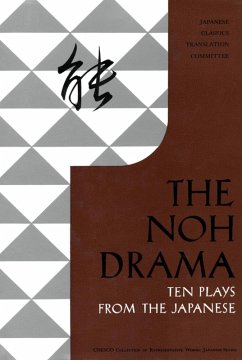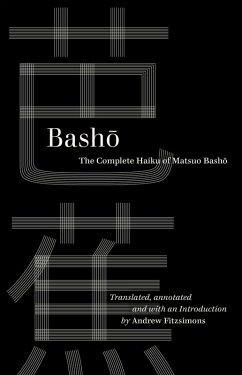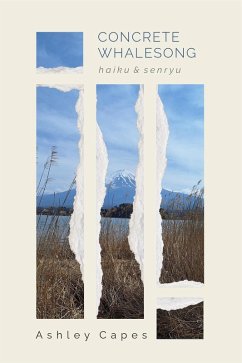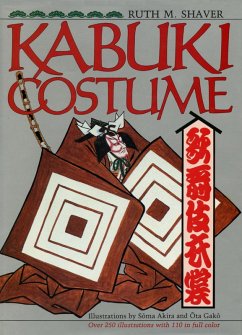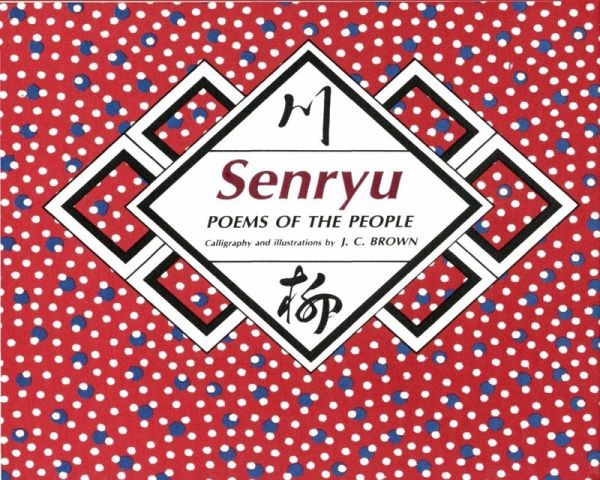
Senryu Poems of People (eBook, ePUB)

PAYBACK Punkte
3 °P sammeln!
This is a collection of Japanese senryu poetrya lesser known cousin to haiku poetry.In 1765 Karai Senryu published a selection of tsukeku that reflected his personal taste and humor. This anthology, Yanagidaru, became widely popular and was followed by 22 more of the same title, also compiled by Senryu, and a further 144 volumes compiled by his successors to the tradition. The type of poems Karai chose eventually came to be known as senryu. They did not require inclusion of a seasonal word, as did haiku, which developed from the introductory portion of linked verse.Although senryu were at firs...
This is a collection of Japanese senryu poetrya lesser known cousin to haiku poetry.
In 1765 Karai Senryu published a selection of tsukeku that reflected his personal taste and humor. This anthology, Yanagidaru, became widely popular and was followed by 22 more of the same title, also compiled by Senryu, and a further 144 volumes compiled by his successors to the tradition. The type of poems Karai chose eventually came to be known as senryu. They did not require inclusion of a seasonal word, as did haiku, which developed from the introductory portion of linked verse.
Although senryu were at first written in only seventeen syllables(in lines of five, seven, and five syllables) or fourteen syllables(in lines of seven and seven), these rules became less strictly adhered to as time passed. The main difference between senryu and haiku is one of tone. The meaning and structure of a haiku can be brilliant, but I personally often find them conventionally serious and sentimental, offering few surprises. One has to be a near genius to write good haiku, but almost anyone can write reasonably good senryu; the form seems somehow to have escaped the structural restrictions that bind and, perhaps, limit haiku.
In 1765 Karai Senryu published a selection of tsukeku that reflected his personal taste and humor. This anthology, Yanagidaru, became widely popular and was followed by 22 more of the same title, also compiled by Senryu, and a further 144 volumes compiled by his successors to the tradition. The type of poems Karai chose eventually came to be known as senryu. They did not require inclusion of a seasonal word, as did haiku, which developed from the introductory portion of linked verse.
Although senryu were at first written in only seventeen syllables(in lines of five, seven, and five syllables) or fourteen syllables(in lines of seven and seven), these rules became less strictly adhered to as time passed. The main difference between senryu and haiku is one of tone. The meaning and structure of a haiku can be brilliant, but I personally often find them conventionally serious and sentimental, offering few surprises. One has to be a near genius to write good haiku, but almost anyone can write reasonably good senryu; the form seems somehow to have escaped the structural restrictions that bind and, perhaps, limit haiku.
Dieser Download kann aus rechtlichen Gründen nur mit Rechnungsadresse in A, D ausgeliefert werden.




